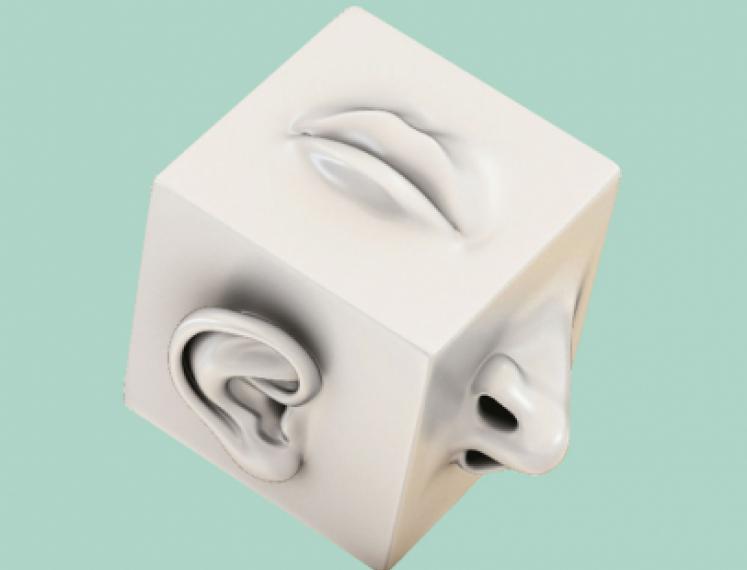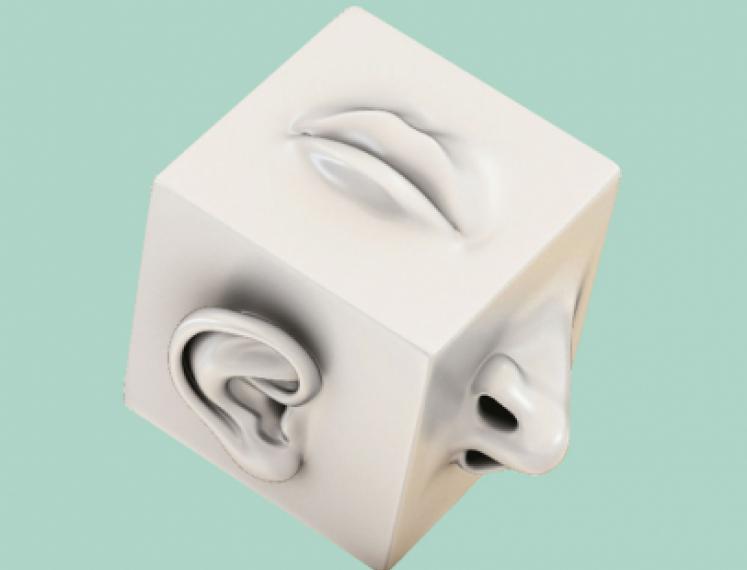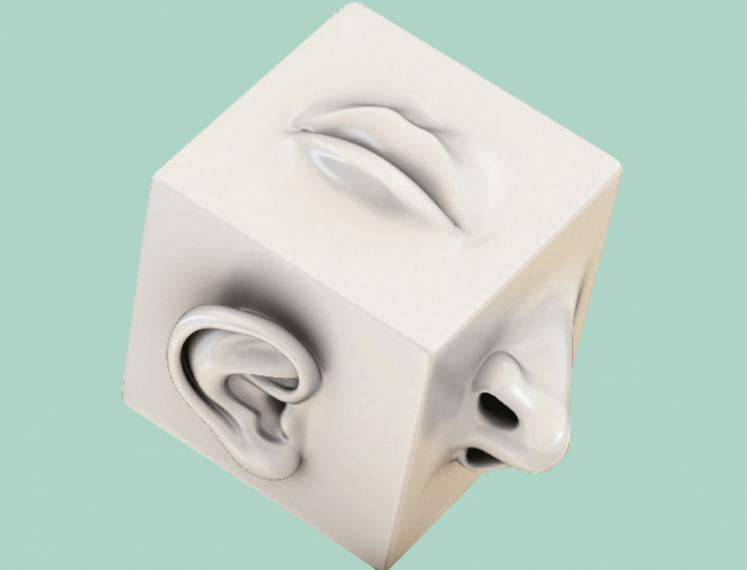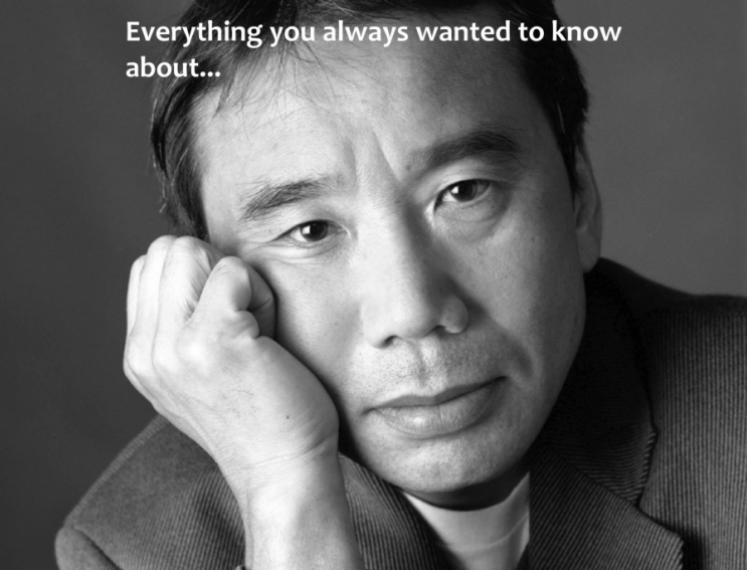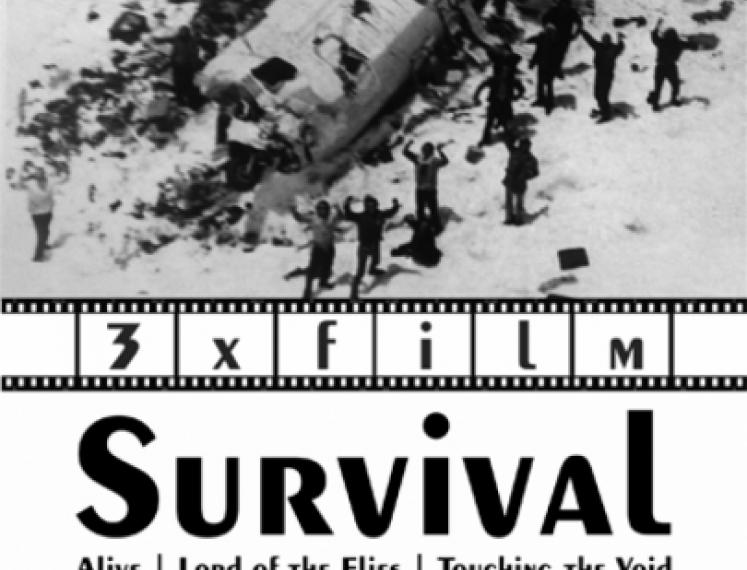Academy Building
Broerstraat 5
Groningen
Nederland
From Magnetic Turtles to Electric Fish
Our perception of the world, and how we interact with it, is a product of our sensory systems. These allow us to communicate, avoid danger, find food, and navigate around the environment. But other animals do not sense the world as we do - they have senses that are often quite alien to us. Martin Stevens, Professor of Sensory and Evolutionary Ecology, will introduce some of these remarkable senses, including ones that humans lack entirely, such as using magnetic information and detecting and even generating electricity. Even in familiar senses, such as vision, many species perceive information that we are blind to, including ultraviolet light. Examples ranging from birds and bees to turtles and fish show how widespread these remarkable sense are. But how do they work, and how do animals use them? And moreover, what do they reveal about the ecology and evolution of those that possess them?
Martin Stevens is Professor of Sensory and Evolutionary Ecology at the University of Exeter in Cornwall, UK. He did his PhD at the University of Bristol, before spending several years as a research fellow at Cambridge University, before moving to Exeter. His research investigates how animals use their senses, especially vision and adaptive coloration to communicate, avoid predators, and find food. He has published over 120 scientific articles, and three books, including one on animal senses and Cheats and Deceits (2016), a popular science book on deception in nature.

